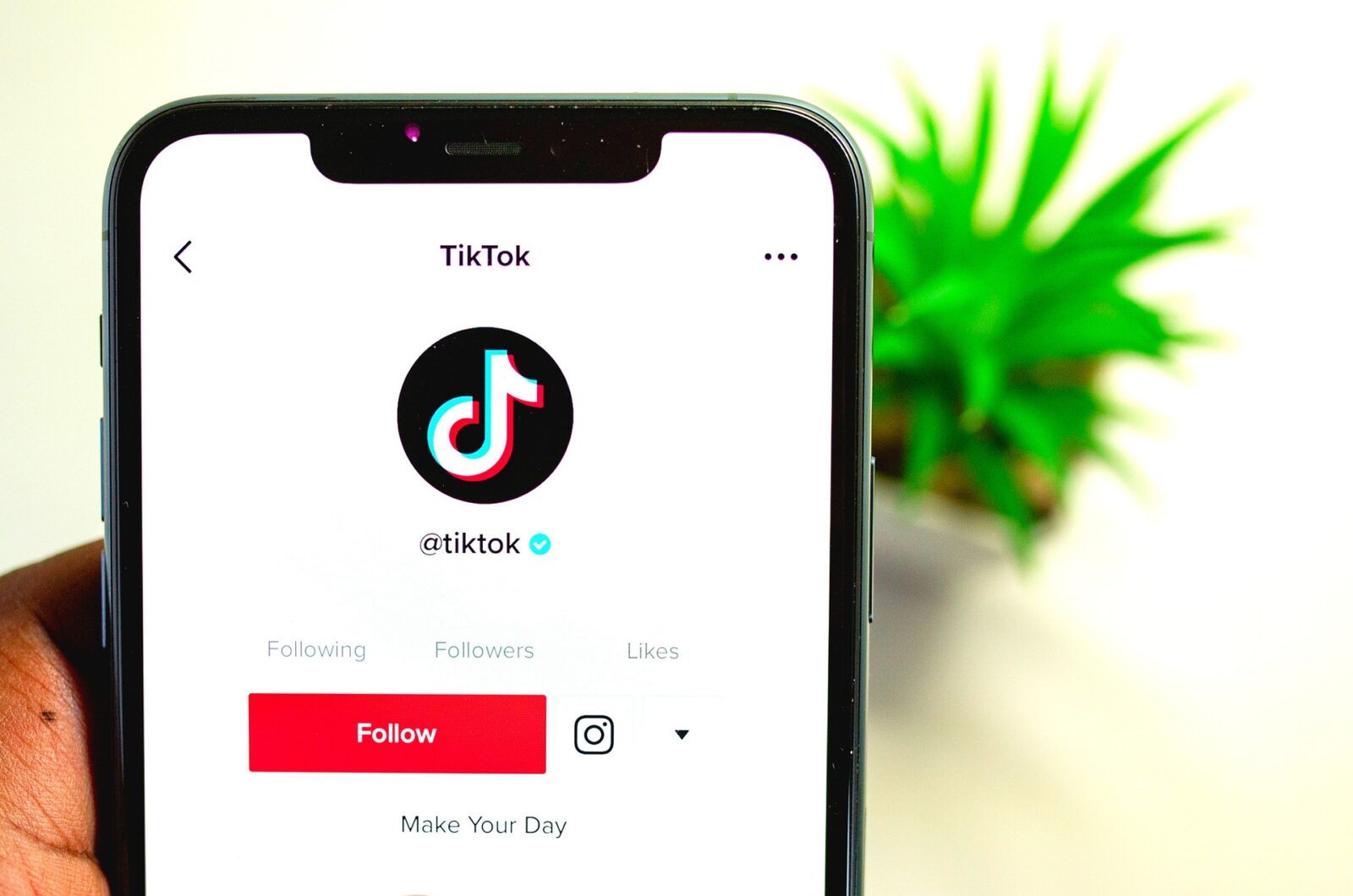An increasingly common hoax on TikTok involves calling friends and telling them that a big sum of money is going to be deducted from their bank account using an artificial answering machine voice. Cybercriminals are aggressively using a fraud method known as vishing, according to Kaspersky analysts. According to Kaspersky, the number of vishing emails increased in June (nearly 100,000 in total) and gathered roughly 350,000 emails between March and June 2022. Vishing was also discussed, as well as the best ways to prevent falling prey to fraudsters’ scams.
What is fishing?
Phishing via voice is a scam in which thieves contact victims and ask for their personal and financial information over the phone. Most phishing scams begin with an email that seems to be sent from one of the world’s most popular online retailers or payment processors. Suppose a false version of PayPal writes to say that they have received a request for a big sum to be withheld from one’s account, as an example of such a letter.
Vishing emails, on the other hand, don’t ask victims to click on a link to cancel a purchase; instead, they beg them to phone the customer service number supplied in the email immediately. The researchers at Kaspersky point out that this tactic was deliberately selected by hackers since individuals have time to reflect on their decisions or discover signals that the website is not authentic when they visit a phishing site.
However, victims are often distracted and unable to concentrate while speaking on the phone. Attackers take advantage of the situation by rushing victims, scaring them, and demanding that they reveal their credit card information immediately in order to cancel the fictitious purchase. With their bank account information, fraudsters may take money from the victim and leave them with a depleted wallet.
350,000 emails with malicious attachments
About 350,000 phishing emails have been identified in the past four months (from March to June 2022) by Kaspersky specialists requesting victims to ring in and cancel an online purchase. According to Kaspersky experts, this practice has gained speed and is expected to continue rising, as shown by the fact that the number of such emails grew to about 100,000 in June.












Leave a Reply